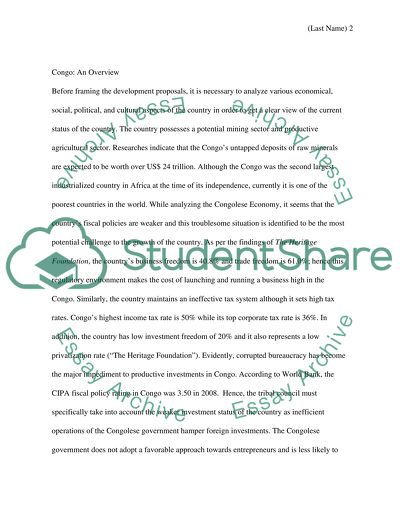Cite this document
(“Economic Development Proposal Essay Example | Topics and Well Written Essays - 1750 words”, n.d.)
Retrieved from https://studentshare.org/macro-microeconomics/1438761-tribal-planner
Retrieved from https://studentshare.org/macro-microeconomics/1438761-tribal-planner
(Economic Development Proposal Essay Example | Topics and Well Written Essays - 1750 Words)
https://studentshare.org/macro-microeconomics/1438761-tribal-planner.
https://studentshare.org/macro-microeconomics/1438761-tribal-planner.
“Economic Development Proposal Essay Example | Topics and Well Written Essays - 1750 Words”, n.d. https://studentshare.org/macro-microeconomics/1438761-tribal-planner.


